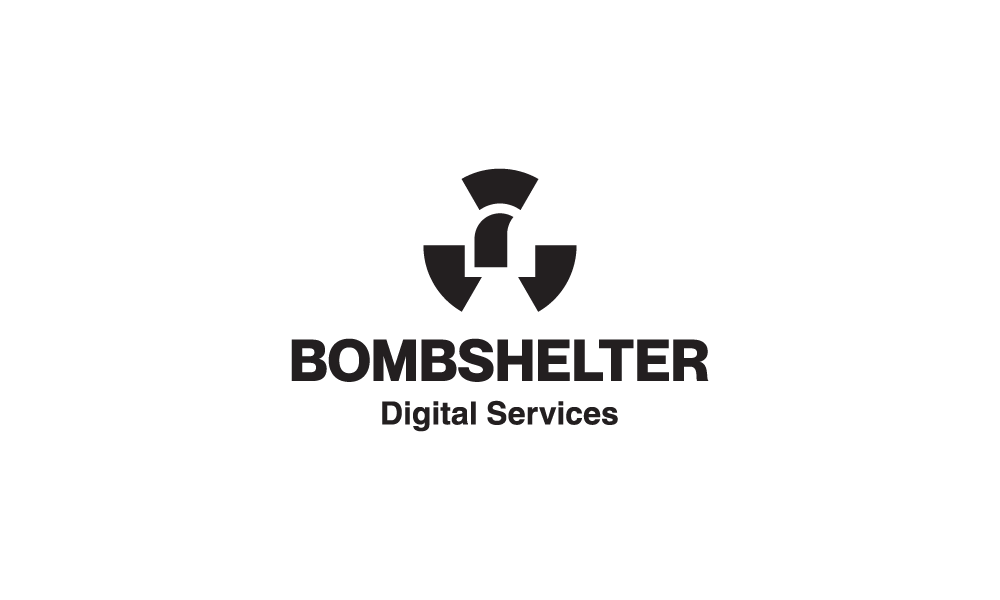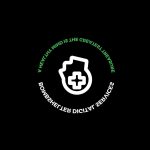In the ever-changing music scene, independent musicians face both challenges and opportunities. Data analytics is a vital tool that can pave the way for success. In this post, let’s dive into why data analytics matters for independent musicians and chart a friendly roadmap to help you read and interpret data with ease.
Why data analytics matters for independent artists
Getting to know your fans:
Data analytics helps musicians dig into details like age, location, and listening habits. With this info, you can fine-tune your music and marketing to really click with your fans. Thanks to platforms like Spotify for artists, Apple Music for Artists, and social media, you’ve got a treasure trove of data to figure out who’s tuning in and what makes them tick.
Reaching your fans:
With data in hand, indie musicians like you can craft spot-on marketing that speaks directly to different fan groups. Whether it’s on social media or through emails, knowing what your audience likes and how they behave makes your promotions way more effective. This focused approach makes the most out of your marketing budget.
Perfecting your releases:
By checking out streaming stats and engagement numbers, you can figure out the best moments to drop new music. Knowing when and where your fans are most active can really amp up the visibility and success of your next release.
Building a sustainable career:
For independent musicians, building a sustainable career is about making informed business decisions. Data analytics provides the tools to track revenue streams, identify lucrative opportunities, and optimise overall business performance. From merchandise sales to concert ticket purchases, every transaction can be analysed to ensure the longevity of an artist’s career.
Enhancing creativity:
Contrary to the misconception that data analytics stifles creativity, it can actually enhance the creative process. By understanding which songs resonate most with your audience, musicians can refine their sound and style to better align with fan preferences. This data-driven approach allows for a more strategic and informed approach to artistic expression.
Data analytics roadmap for independent artists
Here’s our simple roadmap for learning to read and interpret data effectively:
Familiarise yourself with analytics tools:
Explore platforms like Spotify for Artists, Apple Music for Artists, and social media analytics tools. Learn the basics of tools like Google Analytics for tracking website traffic.
Take online courses:
Platforms like Coursera, Udemy, and Khan Academy offer courses in data analytics for beginners. Focus on courses that teach data visualisation, statistical analysis, and interpretation.
Hands-on practice:
Apply your knowledge by analysing your own music data. Experiment with creating simple dashboards to visualise key metrics.
Stay updated:
The field of data analytics is dynamic, so stay informed about new tools and techniques. Follow industry blogs, attend webinars, and participate in online communities to stay current.
Collaborate and seek feedback:
Collaborate with other musicians who have experience in data analytics. Seek feedback on your analyses to gain insights and improve your skills.
Diving into data is a must in today’s competitive scene. Using data to know your audience, fine-tune marketing, and make smart business moves sets the stage for lasting success. With the right attitude and a dedication to learning, mastering data analytics can be the key to leveling up your musical journey. And hey, if you need help along the way, we’re here for you!


